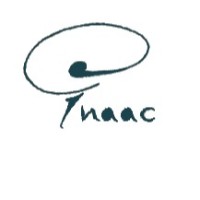Major depressive disorder (MDD) is a common medical problem and a major public health concern. It has high prevalence and is the main source of disability-adjusted life year. Around 10% of the patients show a lack of response or remission after two courses of appropriate antidepressant dosage within an adequate duration of time (treatment-resistant depression; TRD). They show a poor prognosis and can be treated with intravenous ketamine (IK). This is more invasive than pharmacotherapy, imply higher costs, monitoring and the need to regularly attend to receive it. Thus, there is a necessity to develop predictors of response to the treatment, so patients are selected more appropriately and treated timely.
The predictors and mechanisms of treatment response in TRD, continue to be widely unsettled. However, in recent years, research on functional neuroimages has contributed to characterize some brain circuits involved.
We are currently recruiting a sample of patients diagnosed with TRD who are currently treated with IK (n=10). All participants are being studied before and after the treatment with 3T MRI (volumetric T1, resting-state BOLD, and DTI) and neuropsychological testing.
We aim to study the evolution of clinical, cognitive and imaging variables to find mechanisms and predictors of response to treatment. In this poster in particular, we aim to show the changes in brain connectivity before and after the treatment.
P#190
Mechanisms and predictors of response in treatment- resistant depression
Maria Lucia Fazzito
- Buenos Aires,
- Argentina
- Maria Lucia Fazzito ¹𝄒²𝄒³
- , Juan José González ²
- , Leticia Fiorentini ¹𝄒²𝄒³
- , Mirta Fabiana Villarreal ¹𝄒²𝄒³
- , Salvador Martín Guinjoan ¹𝄒²𝄒³
- 1 CONICET
- 2 Fundación FLENI
- 3 Universidad de Buenos Aires

